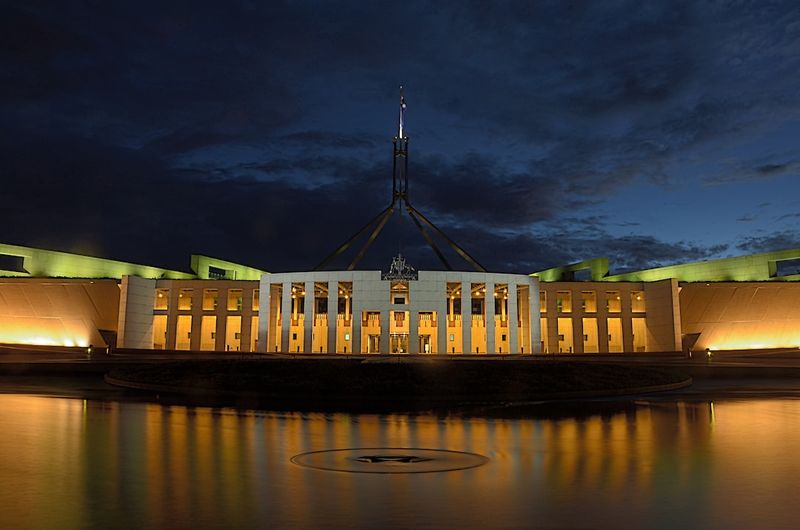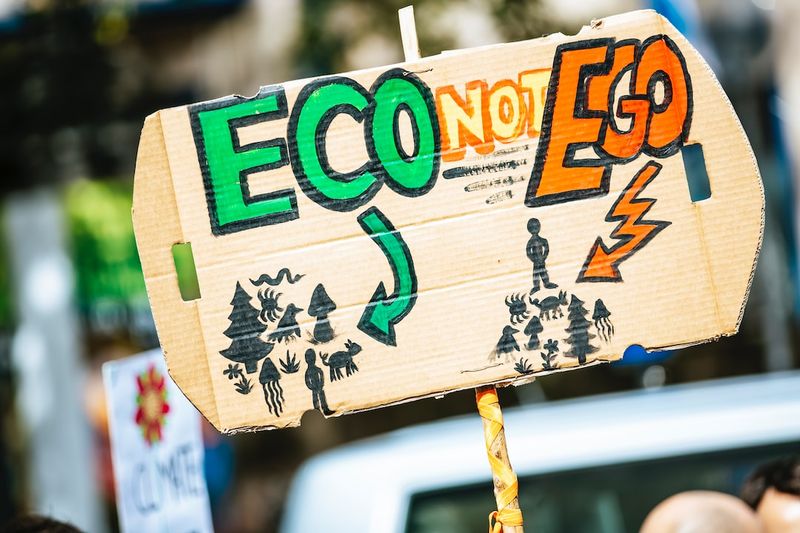Putin Vows to Bring Wagner Mutiny Leaders to Justice
Russian President Vladimir Putin has declared that the leaders of the recent Wagner mutiny will be held accountable for their actions. In a speech filled with anger, Putin accused the organizers of wanting to plunge Russia into chaos and pledged to bring them to justice. However, he made a distinction between the regular Wagner troops and their leaders, referring to the fighters as “patriots” who will have the option to join the army, return home, or go to Belarus. The mutiny, led by the private army of mercenaries known as Wagner, was sparked by government plans to exert direct control over the group. Yevgeny Prigozhin, the boss of Wagner, claimed that the rebellion was a response to mistakes made by defense officials during the war in Ukraine, but maintained that Wagner always acted in Russia’s best interests.
The Wagner Mutiny and its Background
The Wagner mutiny unfolded over the course of the weekend, with the mercenaries seizing a major Russian city and advancing towards Moscow in a column of military vehicles. Their actions were a direct challenge to the government’s attempt to assert control over the group. In June, Russia announced that “volunteer formations,” including Wagner, would be required to sign contracts with the Ministry of Defense, undermining Prigozhin’s influence. The motive behind the mutiny was a combination of opposition to government control and grievances about the conduct of the war in Ukraine. Prigozhin, who is viewed as a key ally of Putin, agreed to end the rebellion and reportedly faces criminal charges dropped as part of the deal.
Putin’s Response and Attempt to Reassert Authority
In his address, Putin condemned the organizers of the march on Moscow, vowing that they would be held accountable. He portrayed the mutiny as an act of betrayal against Russia and accused the West of aiming to exacerbate internal divisions within the country. Putin sought to present his management of the crisis as successful in averting disaster; however, many Russians witnessed the events unfold over the weekend and may remain unconvinced. The images of locals in Rostov-on-Don applauding the Wagner fighters contradicted Putin’s claim of a united society behind him.
Analysis and Implications
The Wagner mutiny highlights the complex dynamics between private military companies and state control. Wagner‘s existence, as a highly capable mercenary force, has allowed Russia to conduct military operations with a degree of plausible deniability. However, the mutiny demonstrated that the group’s loyalties and interests may not always align with those of the Russian government.
Putin’s response to the mutiny is significant because it reveals his determination to maintain control and suppress any challenges to his authority. By distinguishing between the Wagner fighters and their leaders, Putin seeks to placate potential discontent within the army while signaling a strong stance against insurrection. This approach may serve to preserve Putin’s image of strength, but it also raises questions about the functioning of the Russian military and the extent to which private military companies can act with impunity.
Recommendations and Conclusion
The Wagner mutiny should prompt a broader discussion about accountability and oversight in the realm of private military companies. While these groups can offer certain advantages in terms of flexibility and deniability, they also present challenges in terms of loyalty and adherence to state control. Governments should establish clear regulations and mechanisms to ensure that private military companies operate within legal and ethical boundaries.
Furthermore, the Wagner mutiny exposes underlying tensions within the Russian military and the need for reforms to address grievances and improve morale. Putin’s attempt to reassert his authority may provide short-term stability, but it may not address the root causes of dissatisfaction and potential challenges to his leadership in the future.
In conclusion, the Wagner mutiny has shed light on the complex relationship between private military companies and state control. Putin’s response and his commitment to hold the mutiny leaders accountable reflect his determination to maintain authority. However, addressing the underlying issues within the Russian military and ensuring accountability for private military companies will require sustained efforts and reforms. The Wagner mutiny serves as a reminder of the ongoing challenges and risks associated with the use of private mercenary forces in contemporary conflicts.

<< photo by Michael >>
The image is for illustrative purposes only and does not depict the actual situation.
You might want to read !
- Don Lemon Takes a Stand Against Giving Voice to “Liars and Bigots” on CNN
- The Duchess’ Fight Against Breast Cancer: Sarah Ferguson on the Road to Recovery
- Rina Sawayama’s Powerful Response to Matty Healy’s Racist Remarks
- “Exploring the Viewing Options: USA vs. Jamaica Match Tonight – Channel and Streaming Details Revealed”
- The Bruins’ Bold Move: Trading Taylor Hall to the Blackhawks for Salary Cap Relief
- “Power Move in the Windy City: Chicago Blackhawks Land Forward Taylor Hall in Major Multiplayer Trade”
- “Examining the Impact of the John Collins Trade: How Will the Hawks’ Huge Exception Change Their Future?”
- Cardi B and Offset: A Public Battle Unfolds as Accusations Fly
- Jesse Watters Replaces Tucker Carlson: The Fox News Shake-Up You Can’t Miss




